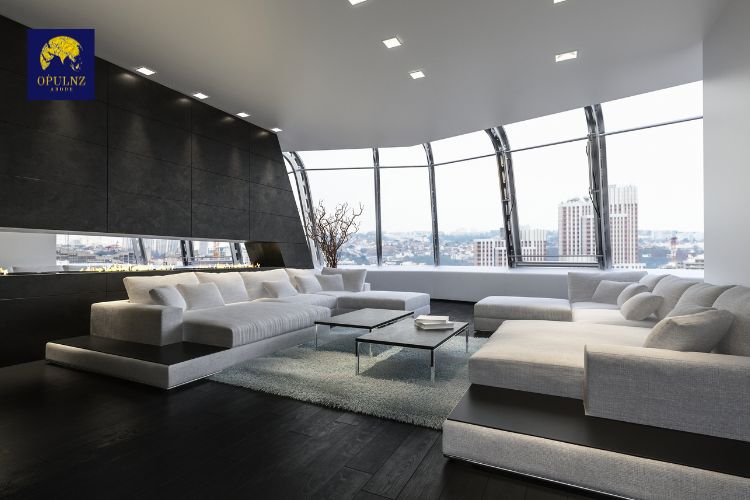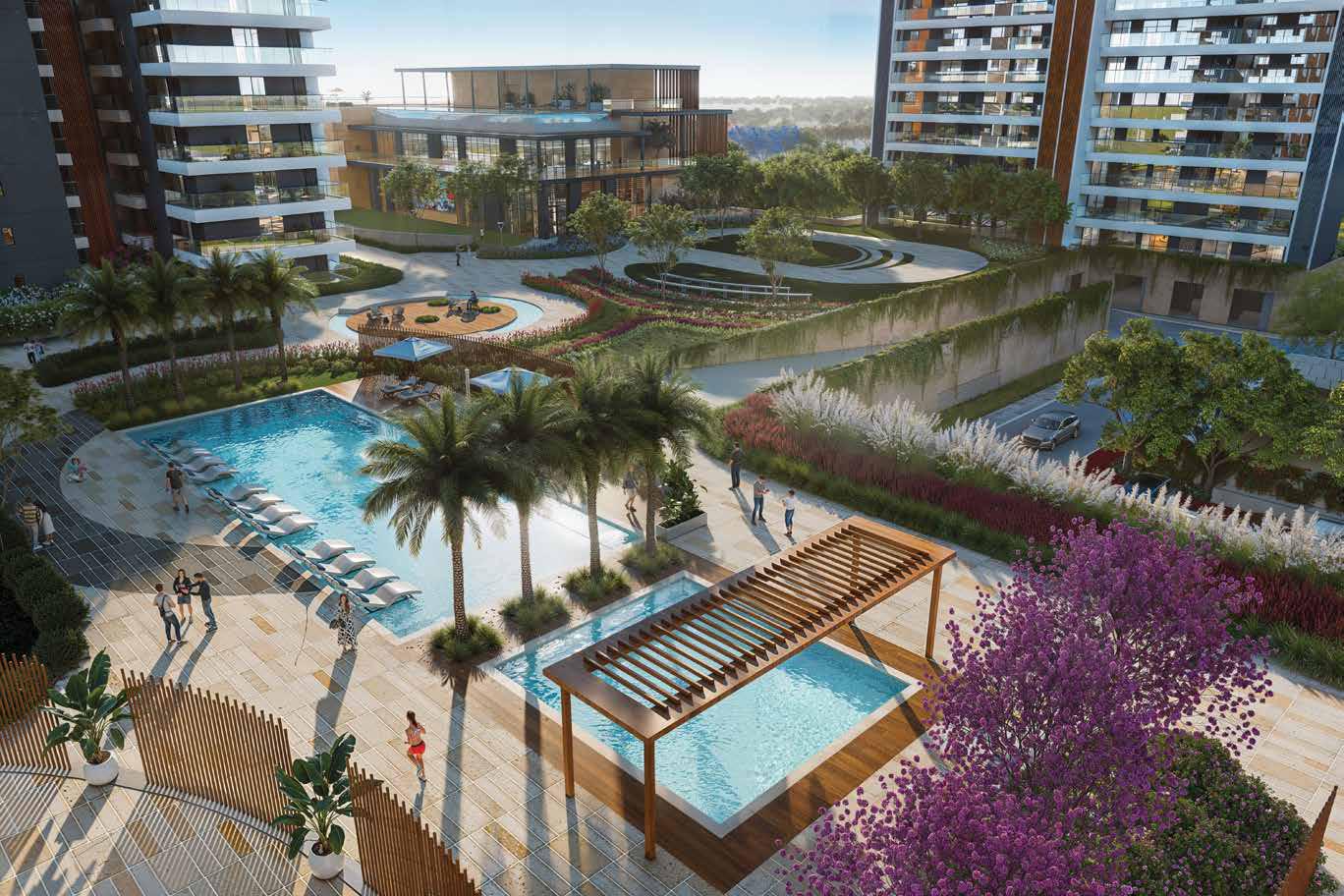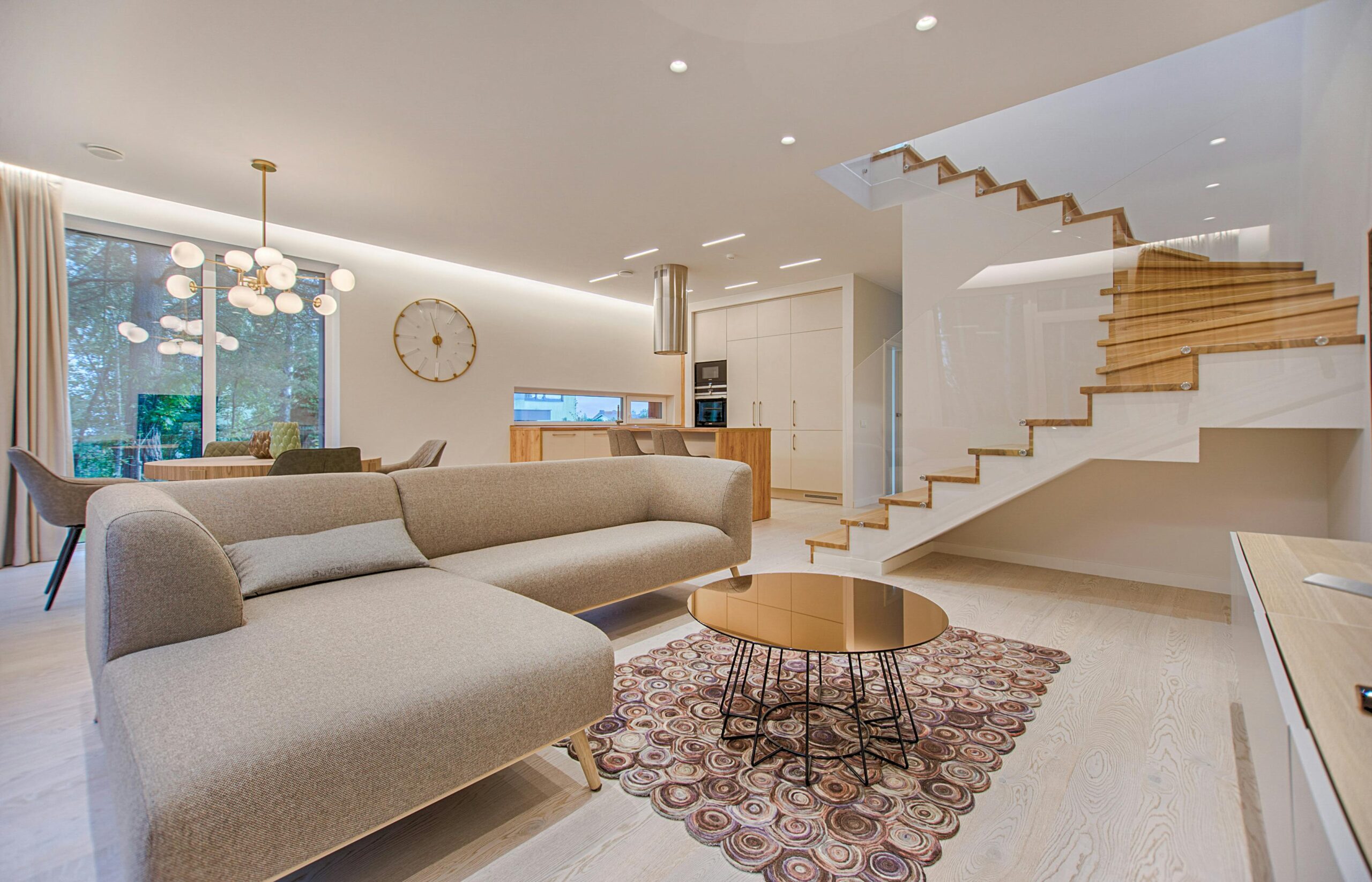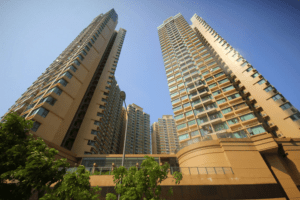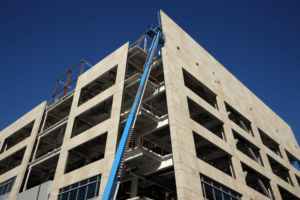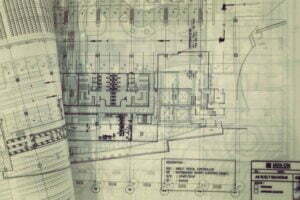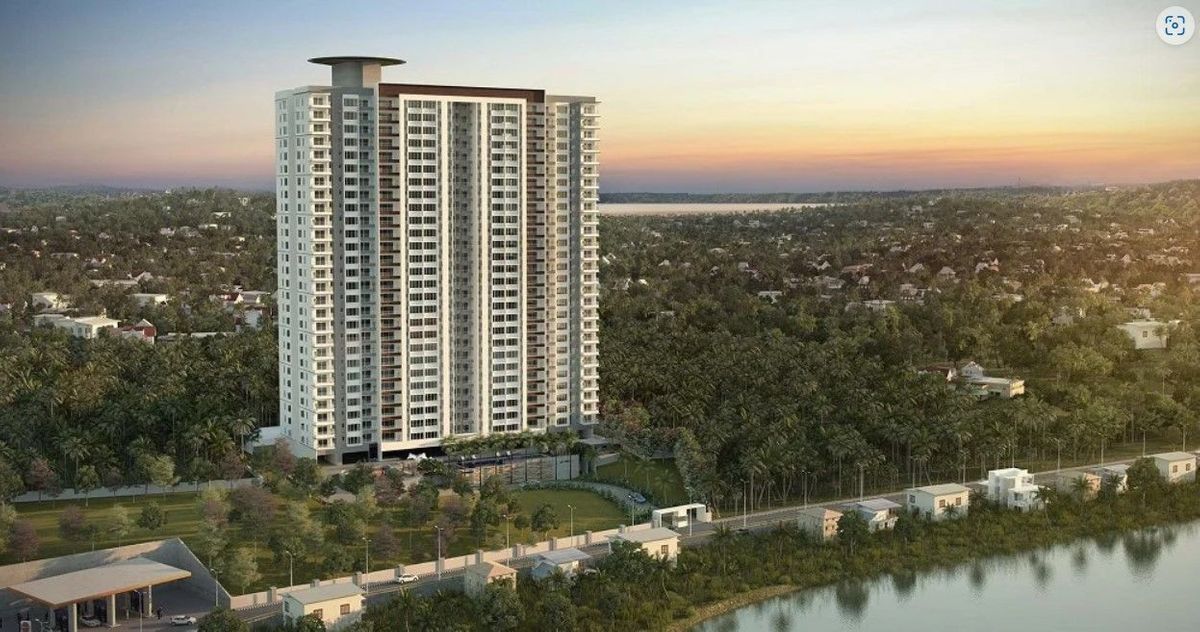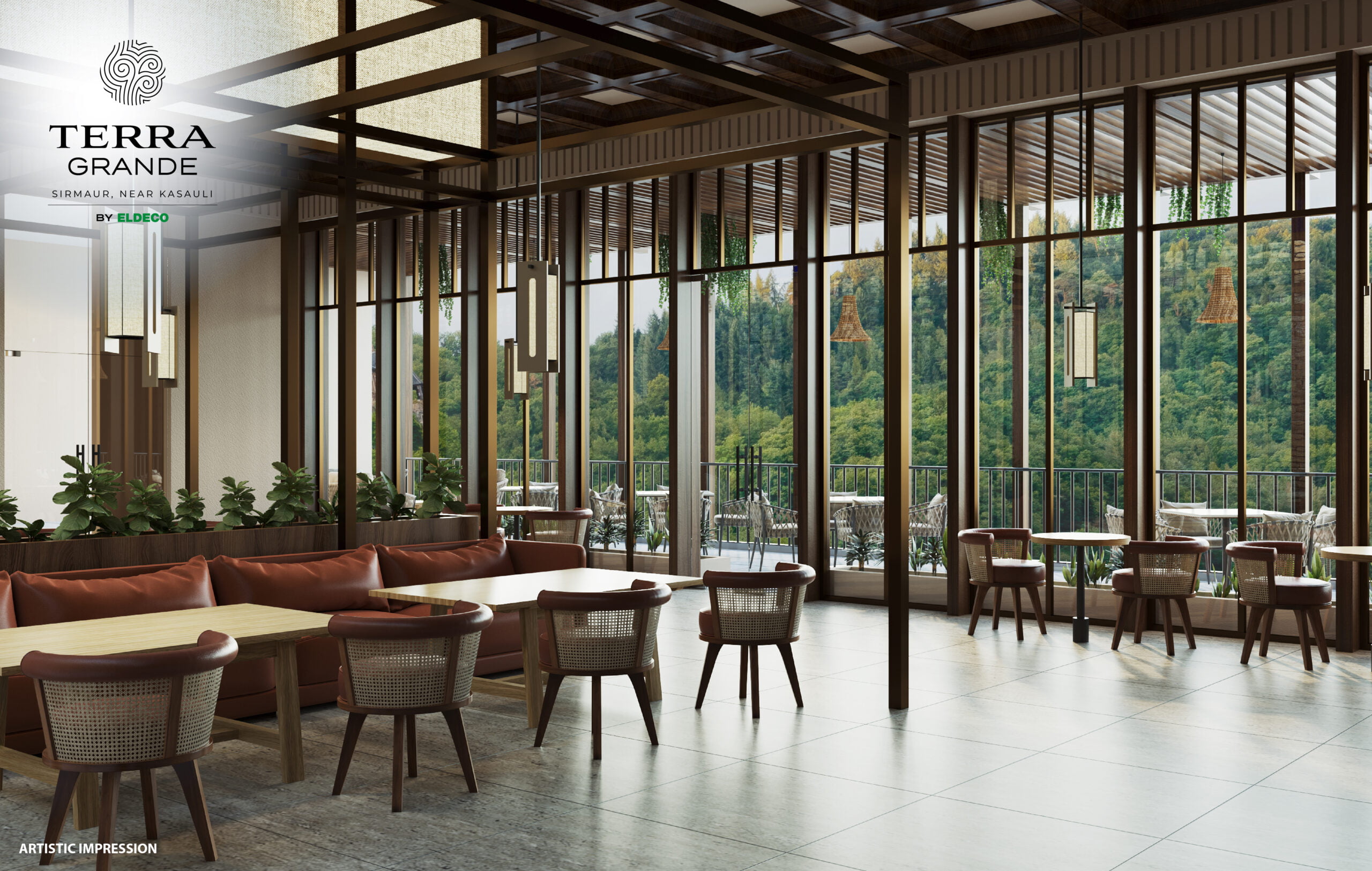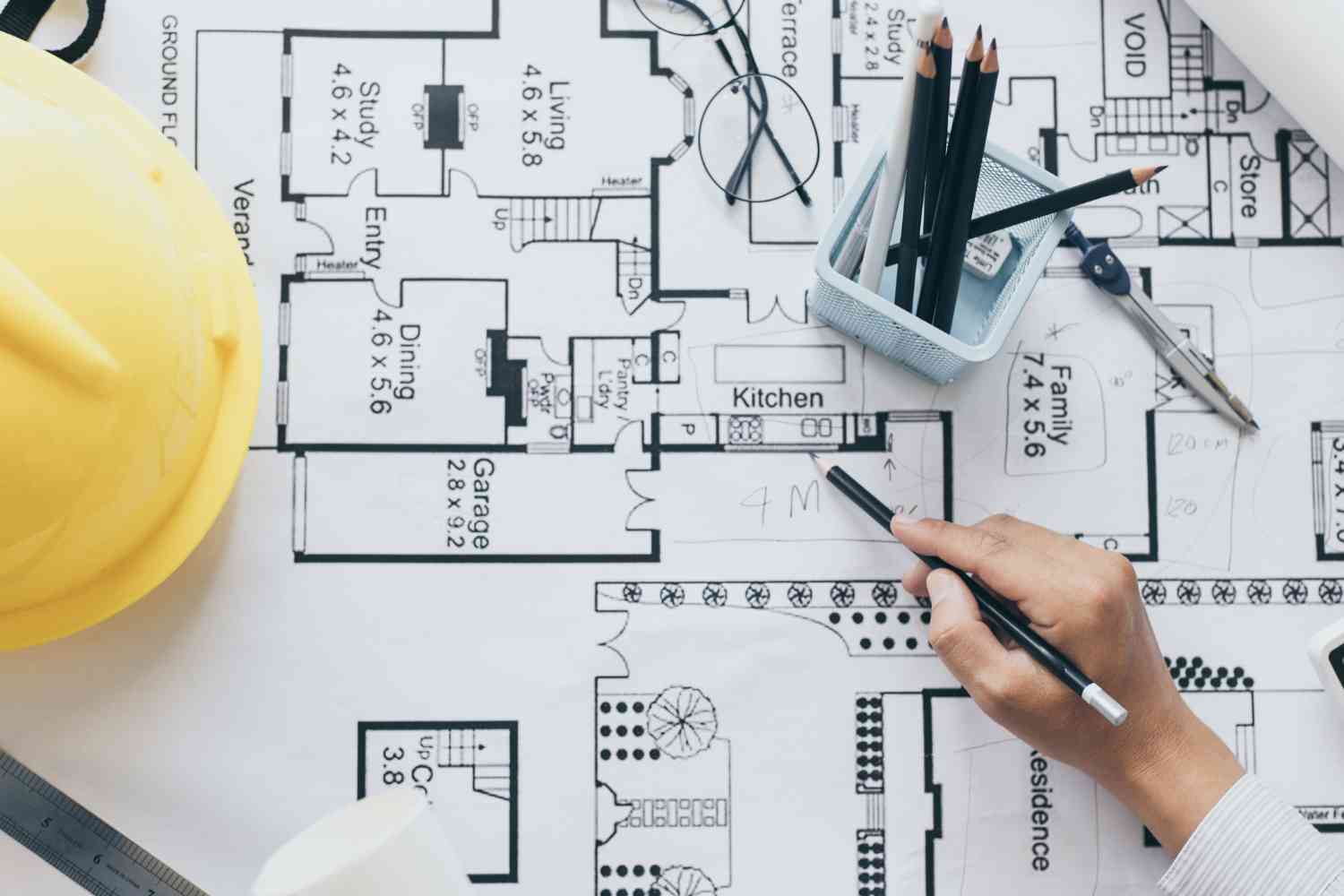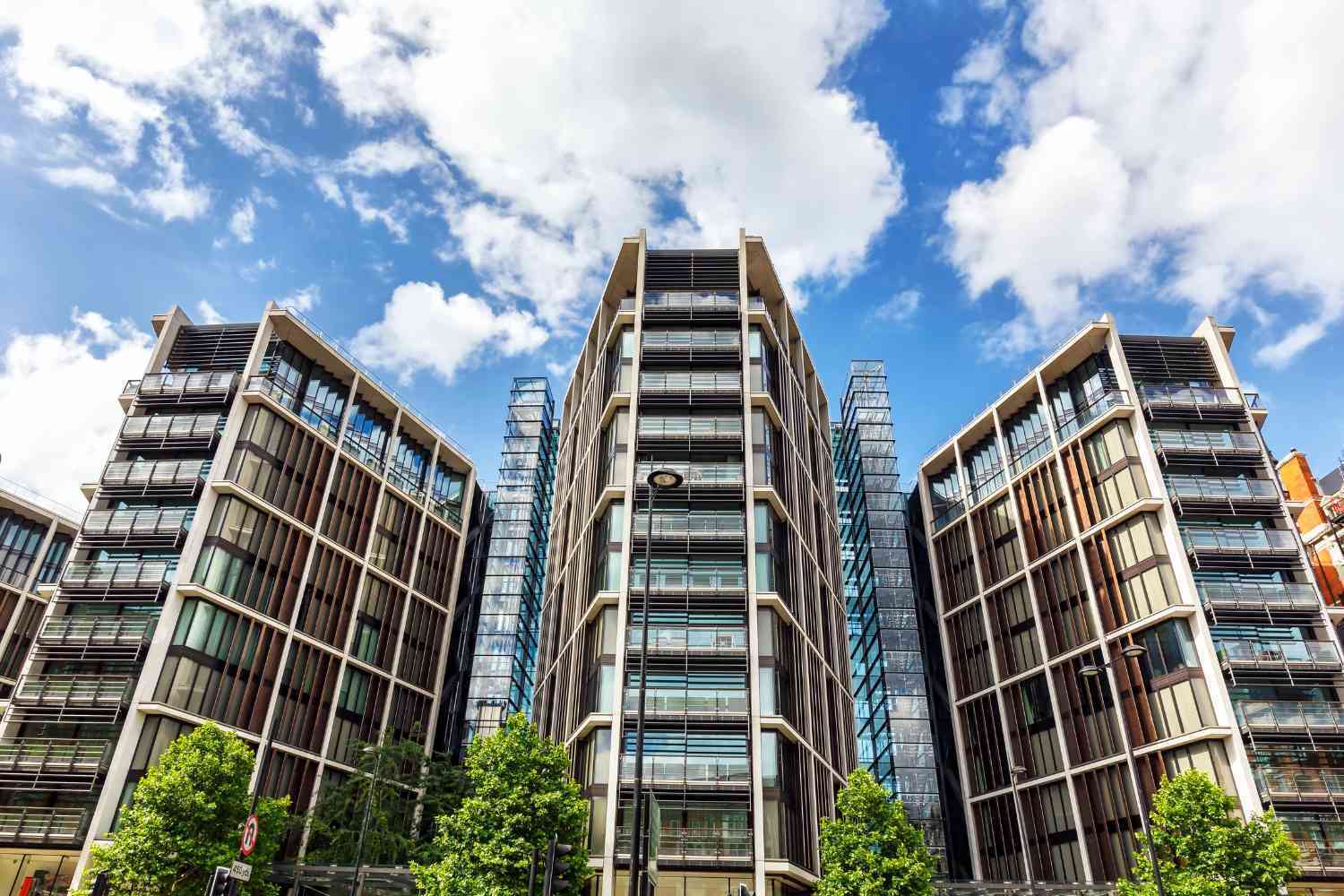Unlocking the Secrets of Real Estate Application Forms: Why Reading Them Is Vital for Property Buyers
Team Opulnz Abode, 3rd May 2023 11:00am, Read Time – 10 mins
It is important to carefully read the booking form provided by developers when purchasing property. The booking form is a legal document that outlines the terms and conditions of the purchase, including payment terms, delivery date, and other important details.
By reading the booking form carefully, buyers can ensure that they fully understand the terms of the purchase and can avoid any misunderstandings or disputes later on. Buyers should pay close attention to the payment terms, including the amount of the deposit, when it is due, and when the final payment is required.
Buyers should also take note of any clauses related to the delivery date, as this can have an impact on their plans for moving into the property. It is also important to understand any clauses related to changes or modifications to the property, as well as any penalties for late payment or breach of contract.
RERA guidelines for booking form
The Real Estate Regulatory Authority (RERA) has established guidelines for booking forms used in the sale of properties. These guidelines are designed to protect the interests of homebuyers and ensure transparency in the transaction process.
As per the RERA guidelines, the booking form must include details such as the carpet area, built-up area, and super built-up area of the property. The form must also clearly state the price of the property and any additional charges such as maintenance fees, parking charges, or club membership fees.
In addition, the booking form must include information about the developer, including their name, address, and contact details. It should also contain details about the project, including its location, the number of floors, and the number of units.
The RERA guidelines also require developers to disclose any changes or modifications made to the project after it has been approved. This ensures that buyers are fully aware of any changes that may affect the property they are purchasing.
Finally, the booking form must clearly outline the payment schedule, including the amount of the deposit, when it is due, and when the final payment is required. The guidelines also require developers to provide buyers with a copy of the agreement for sale and the conveyance deed.
By following these guidelines, developers can ensure that their booking forms are transparent and in compliance with RERA regulations, and homebuyers can make informed decisions when purchasing a property.
Land Details at Booking Form
When purchasing a property, it is important to ensure that the booking form includes all relevant land details as per the guidelines of the Real Estate Regulatory Authority (RERA).
The booking form should include information about the land on which the property is being built, including the survey number, location, and dimensions of the land. It should also provide details about any encumbrances or legal disputes related to the land.
In addition, the booking form must include the details of the approved plan, including the sanctioned building plan and the layout plan of the property. It should also include the approval number and the date of approval of the plans.
The booking form should also contain information about the developer, including their name, address, and contact details. It should specify the project details, such as its name, location, and the number of units being constructed.
RERA guidelines require developers to provide a timeline for completion of the project and specify the possession date. The booking form should also include details of the payment schedule, including the amount of the deposit, when it is due, and when the final payment is required.
Furthermore, the booking form should also provide details of the facilities and amenities that will be provided in the project, such as parking, clubhouses, and swimming pools.
By including all relevant land details in the booking form as per the RERA guidelines, buyers can make informed decisions when purchasing a property. This helps to ensure transparency in the transaction process and protects the interests of the homebuyers.
Details of the Unit Booked
When booking a unit in a real estate project, it is important to fill out the application form carefully and accurately. The application form should contain all the necessary details of the unit being booked, as well as the personal details of the applicant.
The details of the unit booked at the application form should include the following:
Unit Details: The application form should clearly mention the unit number, its type (such as 1 BHK, 2 BHK, etc.), and the area of the unit in square feet or square meters.
Floor Details: The application form should also mention the floor on which the unit is located, along with the number of floors in the building.
Carpet Area, Built-up Area, and Super Built-up Area: The application form should clearly mention the carpet area, built-up area, and super built-up area of the unit. This helps the buyer understand the actual usable area of the unit.
Parking Details: The application form should mention if a parking space is included with the unit or if it is available for an additional fee. It should also mention the location of the parking space.
Amenities and Facilities: The application form should mention the amenities and facilities that are included with the unit, such as access to a swimming pool, gym, or clubhouse.
Price and Payment Schedule: The application form should clearly mention the price of the unit, along with the payment schedule. The payment schedule should detail the amount of the deposit, when it is due, and when the final payment is required.
In addition to the details of the unit being booked, the application form should also contain the personal details of the applicant, such as their name, address, contact details, ADHAR card and PAN card number.
By carefully filling out the application form with all the necessary details, the buyer can avoid any confusion or disputes in the future and make an informed decision when booking a unit in a real estate project.
Specification sheet
When booking a unit in a real estate project, the developer may provide a specification sheet along with the application form. A specification sheet is a document that contains all the details of the materials, finishes, and fittings that will be used in the construction of the unit. This helps the buyer understand the quality and standard of the materials being used and what they can expect in terms of the finished product.
The specification sheet may include the following details:
Flooring: The specification sheet may mention the type of flooring that will be used in different areas of the unit, such as vitrified tiles in the living room and bedrooms, ceramic tiles in the kitchen and bathrooms, and anti-skid tiles in the balcony.
Doors and Windows: The specification sheet may mention the type and quality of doors and windows that will be used, such as hardwood doors and aluminum windows with powder-coated finish.
Electrical Fittings: The specification sheet may mention the type and number of electrical fittings that will be provided, such as switches, sockets, fans, and light fixtures.
Plumbing and Sanitary Fittings: The specification sheet may mention the type and quality of plumbing and sanitary fittings that will be used, such as stainless steel sink in the kitchen, branded sanitary ware in the bathrooms, and concealed plumbing.
Paint and Finish: The specification sheet may mention the type and quality of paint and finish that will be used on the walls and ceilings, such as emulsion paint and POP finish.
Amenities and Facilities: The specification sheet may also mention the amenities and facilities that will be provided, such as power backup, security, and landscaping.
By providing a specification sheet, the developer ensures transparency and clarity in the construction process, which helps the buyer make an informed decision when booking a unit in a real estate project. It also helps in avoiding any misunderstandings or disputes that may arise in the future regarding the quality and standard of the materials used in the construction.
RERA Specified Possession Date
The Real Estate Regulatory Authority (RERA) requires developers to provide a specified possession date for the delivery of the property to the homebuyers. This date must be included in the sale agreement and cannot be changed without the consent of the buyer.
The possession date specified in the sale agreement is legally binding, and the developer is required to deliver the property to the buyer by that date. If the developer fails to meet this deadline, the buyer is entitled to compensation as per the RERA guidelines.
In case the developer is unable to deliver the property by the specified possession date, they must inform the buyer in writing and provide a new possession date. The developer must also provide reasons for the delay and specify the new date of possession in the written notice.
If the buyer does not agree to the new possession date, they are entitled to a refund of the amount paid along with interest as per the RERA guidelines. The guidelines also provide for a penalty for developers who fail to deliver the property on time, which can be up to 10% of the property cost.
By specifying a possession date and adhering to it, developers can ensure transparency and gain the trust of homebuyers. This helps to build a strong reputation and can lead to repeat business and referrals. At the same time, buyers can be assured of timely possession of their property and have legal recourse if the developer fails to meet the deadline.
Consideration Value and Other Charges
When booking a unit in a real estate project, the developer may also provide a document that outlines the consideration value and other charges associated with the unit. This document is usually attached to the application form and provides a breakdown of the total amount that the buyer needs to pay for the unit.
The consideration value is the basic cost of the unit, which includes the cost of the land, construction, and other expenses incurred by the developer. This value may be calculated based on the built-up area of the unit or the super built-up area, which includes common areas such as corridors and elevators.
In addition to the consideration value, there may be other charges that the buyer needs to pay, such as:
Parking Charges: If the buyer wishes to purchase a parking space for their vehicle, this cost may be included in the document. The cost may vary depending on the location of the parking space and whether it is covered or open.
Maintenance Charges: The buyer may be required to pay a certain amount towards maintenance charges for the upkeep of the common areas and facilities provided in the project. This may be a one-time charge or a recurring charge that the buyer needs to pay on a monthly or annual basis.
Clubhouse Charges: If the project includes a clubhouse or other recreational facilities, the buyer may need to pay a separate charge towards the maintenance and usage of these facilities.
Legal and Documentation Charges: The buyer may need to pay a certain amount towards legal and documentation charges, which include stamp duty, registration charges, and other expenses associated with the registration of the property in the buyer’s name.
GST and Other Taxes: The buyer may also need to pay Goods and Services Tax (GST) and other taxes as applicable on the consideration value and other charges.
By providing a clear breakdown of the consideration value and other charges, the developer ensures transparency and helps the buyer understand the total cost involved in purchasing the unit. This helps the buyer plan their finances accordingly and avoid any surprises later on.
Particulars of the Applicants
When booking a unit in a real estate project, the application form may require the applicants to provide certain particulars. These particulars are necessary for the developer to verify the identity and eligibility of the applicants to purchase the unit. The particulars that may be required include:
Name: The applicant’s full name as mentioned in their identity proof documents such as Aadhar card, PAN card, or passport.
Contact Details: The applicant’s phone number, email address, and postal address for communication purposes.
Identification Proof: The applicant may need to provide a copy of their identification proof such as Aadhar card, PAN card, or passport. This helps the developer verify the identity of the applicant and ensure that the transaction is genuine.
Age: The applicant’s age may be required to determine their eligibility to purchase the unit. Some developers may have a minimum or maximum age requirement for buyers.
Occupation: The applicant may need to mention their occupation, which helps the developer understand their financial stability and repayment capacity.
Income Details: The applicant may need to provide their income details such as salary slips, bank statements, or income tax returns. This helps the developer determine the applicant’s eligibility for a home loan and also helps in the calculation of the EMI (Equated Monthly Installment).
Current Address: The applicant may need to provide their current residential address, which helps the developer verify their identity and send documents.
By providing these particulars, the applicants can help the developer conduct a smooth and hassle-free transaction. It is important for the applicants to provide accurate and complete information to avoid any delays or complications in the process.
Documents to be Submitted
When applying for a unit in a real estate project, the documents required to be submitted along with the application form may vary depending on the type of applicant. Here are some of the documents that may be required for different types of applicants:
For Individuals:
- Identity proof – Aadhaar card, PAN card, Voter ID card, or passport
- Address proof – utility bill, rental agreement, or property tax receipt
- Passport size photograph
- Income proof – salary slips, bank statements, or income tax returns
- Bank account details – cancelled cheque or bank statement
- Any other documents required by the developer
For Companies:
- Certificate of incorporation
- Memorandum and articles of association
- Board resolution authorizing the purchase of the unit
- PAN card of the company
- Address proof of the registered office
- Passport size photograph of the authorized signatory
- Bank account details of the company
- Any other documents required by the developer
It is important to note that the documents required may vary depending on the specific requirements of the developer and the state where the project is located. It is recommended to check with the developer or the real estate agent for a complete list of documents required for a smooth and hassle-free transaction.
Term and Conditions
Application forms for real estate projects typically include terms and conditions that the buyer needs to agree to before submitting the form. Here are some common terms and conditions that may be included:
Payment Schedule: The payment schedule for the unit will be mentioned in the application form, including the amount to be paid at the time of booking, and subsequent instalments.
Possession Date: The expected possession date of the unit will be mentioned, along with a clause specifying the possibility of delay due to unforeseen circumstances.
Transfer of Unit: The terms and conditions for transferring the unit to another buyer will be specified, including any charges applicable.
Cancellation Policy: The policy for cancelling the booking and refund of the booking amount will be mentioned.
Dispute Resolution: Any dispute between the buyer and the developer will be resolved as per the terms mentioned in the application form.
Amenities and Facilities: The amenities and facilities provided by the developer will be mentioned, along with any applicable charges.
Force Majeure: The developer may not be held liable for any delay or non-performance of the agreement due to factors beyond their control, such as natural disasters, war, or government regulations.
Compliance with Laws: The buyer will be required to comply with all laws and regulations applicable to the purchase and use of the unit.
Termination: The developer may terminate the agreement under certain circumstances, such as non-payment of dues or breach of terms and conditions.
It is important to read and understand the terms and conditions before signing the application form, and seek clarification from the developer if required.
Conclusion
In conclusion, the application form for a real estate project is a crucial document that provides important details about the project, the unit being booked, and the terms and conditions of the agreement between the buyer and the developer. It includes information such as the land details, possession date, payment schedule, specification sheet, and other charges applicable. The form also requires the submission of specific documents based on the applicant’s status, whether they are an individual or a company. Furthermore, it is essential to carefully read and understand the terms and conditions before signing the application form, including the policies for cancellation, transfer of unit, and dispute resolution, among others. Overall, the application form plays a vital role in ensuring a transparent and fair transaction between the buyer and the developer, and it is essential to adhere to the guidelines specified by RERA.
OPULNZ ABODE
As a real estate consultancy firm, Opulnz Abode stresses the importance of carefully reading the application form before signing it when booking a property. The form contains critical information that the buyer needs to know before making a significant investment in a property. The form includes details such as land ownership, possession date, specification sheet, payment schedule, and other charges applicable, along with the terms and conditions of the agreement.
Additionally, RERA has provided guidelines for developers to ensure transparency and fairness in real estate transactions, including the details required in the application form. It is crucial for buyers to understand these guidelines and ensure that the developer adheres to them when filling out the form.
Moreover, the application form requires the submission of specific documents based on the applicant’s status, whether they are an individual or a company. It is crucial to submit these documents accurately and on time to avoid any delays or legal issues later on.
In conclusion, it is imperative to read and understand the application form before signing it when booking a property. The form provides crucial details about the property, payment terms, and other charges applicable, along with the terms and conditions of the agreement. By carefully reading the application form and adhering to the guidelines specified by RERA, buyers can ensure a transparent and fair transaction with the developer.




































